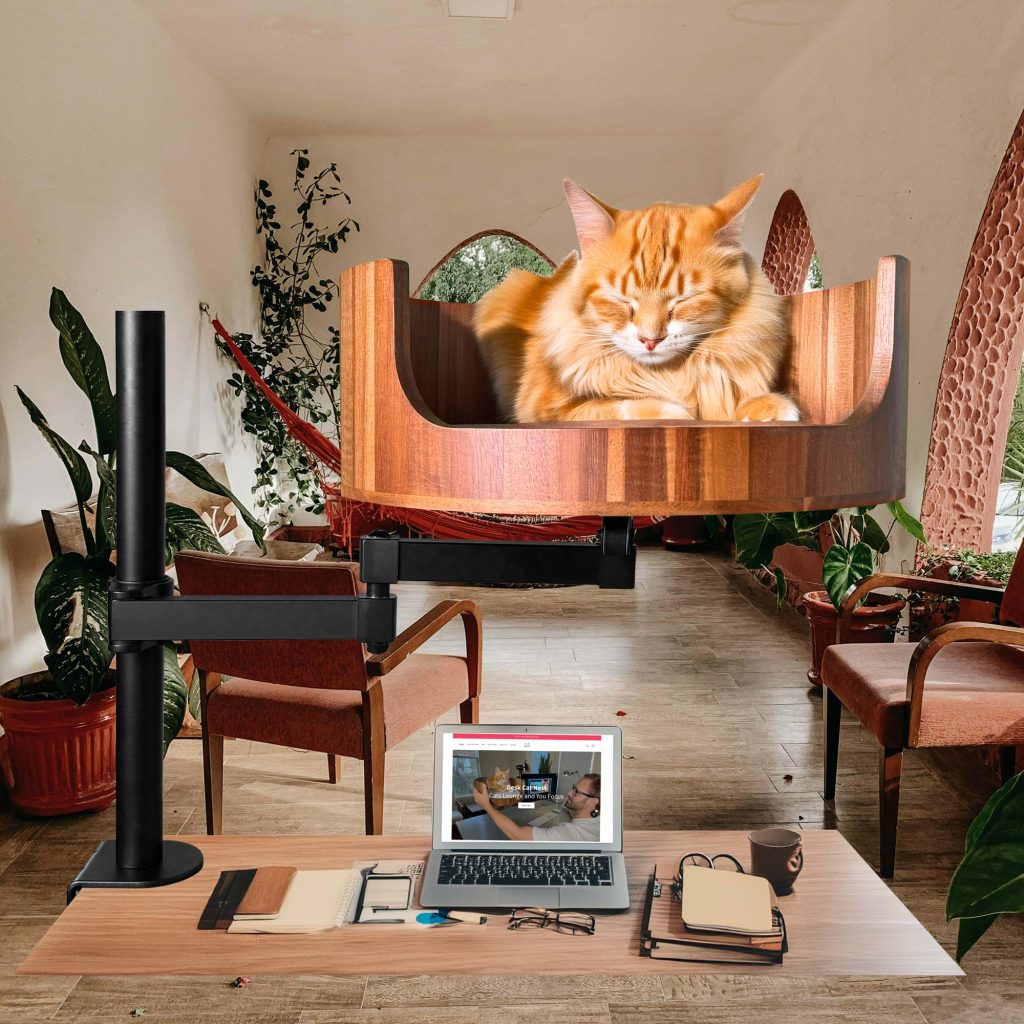Cats are mysterious creatures that often exude an air of elegance and grace. However, even the most regal feline can be known to let one rip every now and then. Yes, we’re talking about cats passing gas. While it may not be the most pleasant topic to discuss, understanding feline flatulence can actually provide valuable insights into your cat’s health and well-being. In this article, we will delve into the world of cats passing gas, exploring the causes behind this phenomenon and how you can help your furry friend feel more comfortable.
One of the most common causes of cats passing gas is their diet. Just like humans, cats can experience flatulence if they consume certain types of food that don’t agree with their digestive system. Additionally, underlying health issues such as gastrointestinal problems or food allergies can also play a role in your cat’s gassiness. By understanding the root causes of feline flatulence, you can make informed decisions about your cat’s diet and lifestyle to help alleviate their discomfort. So, if you’ve ever wondered why your cat’s toots are making you reach for the air freshener, read on to discover everything you need to know about cats passing gas.
1. Cats passing gas is a normal bodily function that can occur due to a variety of reasons.
2. Common causes of feline flatulence include diet, hairballs, and gastrointestinal issues.
3. Monitoring your cat’s diet and providing appropriate veterinary care can help reduce flatulence.
4. Increased flatulence may indicate an underlying health issue that requires prompt attention.
5. Understanding and addressing your cat’s flatulence can improve their overall well-being and comfort.
What Causes Cats to Pass Gas?
Cats can pass gas for a variety of reasons, similar to humans. Some common causes of feline flatulence include dietary issues, such as eating too quickly or consuming foods that are difficult for their digestive systems to break down. In some cases, underlying health issues like gastrointestinal problems or parasites can also cause cats to pass gas. Stress and anxiety can also be contributing factors to feline flatulence.
Symptoms of Gas in Cats
Detecting gas in cats can be tricky since they tend to hide discomfort or pain. However, there are some signs to look out for, such as excessive flatulence, foul-smelling gas, diarrhea, bloating, or stomach discomfort. If you notice any of these symptoms in your cat, it’s essential to monitor their behavior and consult a veterinarian if necessary.
Treating Feline Flatulence
Treating feline flatulence often involves addressing the root cause of the problem. This may include changing your cat’s diet to include more easily digestible foods, feeding them smaller, more frequent meals to prevent overeating, or adding supplemental enzymes or probiotics to aid digestion. In some cases, medication may be necessary to address underlying health issues contributing to gas in cats.
Preventing Gas in Cats
Preventing feline flatulence can be achieved through a combination of dietary modifications, stress reduction techniques, and regular veterinary check-ups. Providing your cat with a balanced diet that meets their nutritional needs, ensuring they have access to fresh water at all times, and creating a calm, stress-free environment can all help reduce the likelihood of gas in cats. Regular exercise and grooming can also contribute to your cat’s overall health and digestive system.
Frequently Asked Questions
How can the Desk Cat Nest help with my cat passing gas?
The Desk Cat Nest provides a comfortable and cozy space for your cat to relax and potentially reduce stress, which can help alleviate gas and digestive issues.
Is the Desk Cat Nest easy to clean?
Yes, the Desk Cat Nest is easy to clean. The removable cushion can be machine washed, and the rest of the nest can be wiped down with a damp cloth.
Will the Desk Cat Nest fit my cat?
The Desk Cat Nest is designed to accommodate cats of various sizes. The dimensions are [insert dimensions here], providing ample space for most cats to curl up comfortably.
Can the Desk Cat Nest be used for other pets?
While the Desk Cat Nest is primarily designed for cats, some small dogs or other pets may also enjoy using it as a cozy resting spot. However, the size and shape may not be as suitable for larger animals.
How long will it take for my cat to adjust to the Desk Cat Nest?
Every cat is different, so the adjustment period can vary. Some cats may immediately take a liking to the nest, while others may need some time to warm up to it. Encouraging your cat with treats or toys can help speed up the adjustment process.
In conclusion, choosing a Desk Cat Bed for your feline friend can help alleviate gas-related issues. The elevated design promotes better digestion and reduces the likelihood of uncomfortable gas build-up. Additionally, the soft and cozy material of the bed provides a comfortable sleeping space, which can further aid in overall well-being and gut health for your cat. Investing in a Desk Cat Bed is a valuable choice that can provide numerous benefits for your furry companion’s digestive health.


